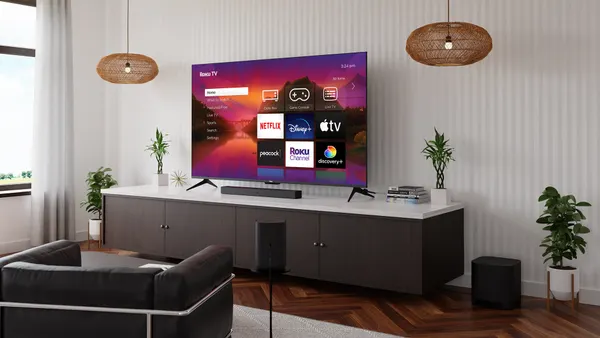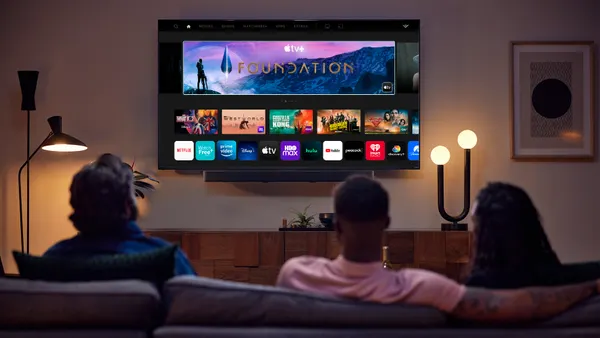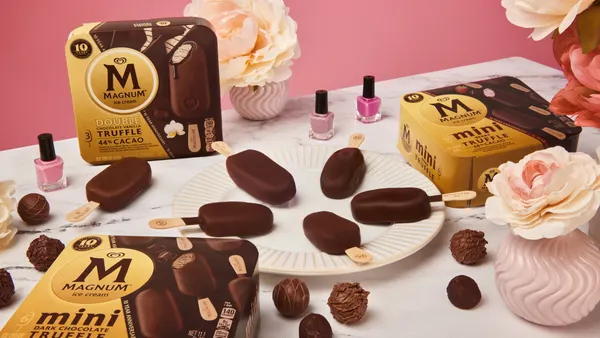Dive Brief:
- More than half (54%) of teenagers age 16-19 say they have deliberately purchased or stopped using a brand because of its ethics, according to new research from MediaCom provided to Marketing Dive. Lush, The Body Shop and Fairtrade were the brands that teens supported most based on their ethics, while they said they stopped shopping with Starbucks, MAC and Primark.
- Almost two-thirds of teens (63%) are more likely to purchase from brands that support causes or charities that are important to them. Eighty-five percent think brands should minimize their environmental impact, and 71% think brands have the responsibility to give back to society. However, more than one-third of teens (37%) are often skeptical of brands' claims of supporting causes, and 69% think brands overstate their support for causes.
- Teens are more likely than adults — 57% compared to 49% of adults — to pay more for brands that support the causes or organizations important to them. While ethics are important, 81% of teens cited quality and 80% cited value as the most important factors for purchase. Secondary factors were whether brands ethically make their products (43%), don't test on animals (42%) and are environmentally friendly (34%).
Dive Insight:
Teenagers, which include Gen Z, are a growing consumer segment, and the MediaCom research underpins how careful they are about the products they buy and the brands they support. The findings reinforce previous research by PSFK that found that 69% of Gen Zers think brands should help them achieve their goals, and 30% said they have felt excluded by brands because of their identities. Gen Zers consider themselves to be open-minded and socially conscious and expect brands to live up to those beliefs.
More marketers are centering their messaging around a social cause and supporting charitable organizations, which can be good for business and clearly resonate. However, getting purpose right can be tricky, and marketers need to make sure that the cause they support makes sense for the brand and carries a relevant message. To be effective, Mediacom noted that purpose must be more than a marketing strategy and instead be ingrained company culture. As the firm's research underpins, teenagers are skeptical about brands that claim to support causes and issues, and will likely hold those that don't live out the messages they broadcast in their marketing accountable.
The report highlights several brands that been successful in attracting teens with their purpose-driven marketing. Cosmetics brand Lush offers premium products made from ethically sourced ingredients, uses environmentally friendly packaging and actively works to combat animal testing. Outdoor apparel brand Patagonia's use of recycled materials in its fabrics has also been appealing.
The report also noted luxury retailer Burberry's burning of bags and clothing earlier this year to "protect the brand" — essentially ensure its products aren't resold cheaply — as an ethics fail. The company this week announced plans to stop the practice and has built a partnership with the sustainable luxury company Elvis & Kresse to further its sustainability initiatives.











